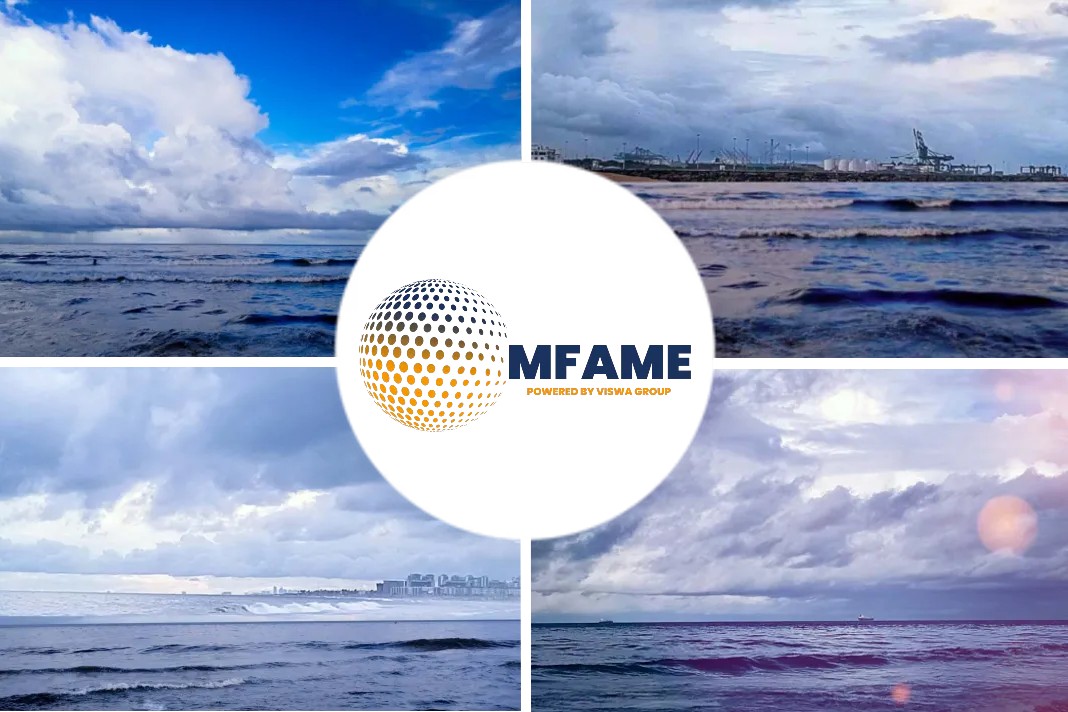
- Digitalization is gaining fast ground.
- The idea that cross-industry data sharing helps create safer, cleaner and more efficient shipping is indisputable.
- Engaging all stakeholders together is vital, as is keeping up with the regulatory framework that governs data sharing practices in the maritime industry.
Natasha Brown, Head, Public Information Services, International Maritime Organization (IMO), talks about the importance of data exchange for emissions reduction, next steps in the workflow on digital issues and IMO’s strategic direction to integrate new and advancing technologies in the regulatory framework.
Reaping Benefits Of Digitalization
The shipping sector is using technology. From IMO’s perspective, focus is on ensuring that the benefits of technology are fully balanced against safety and security concerns, the impact on the environment and on international trade facilitation, the potential costs to the industry, and finally their impact on personnel, both onboard and ashore.
One particular focus is on data exchange, for the arrival, stay and departure of ships to and from ports. Most recently, new amendments coming into effect from 1 January 2024 will make it mandatory for public authorities to establish, maintain and use single window systems for the electronic exchange of information required on arrival, stay and departure of ships in ports. Public authorities will have to combine or coordinate the electronic transmission of the data to ensure that information is submitted or provided only once and reused to the maximum extent possible.
Global Supply Chain
Given the international nature of shipping, standardized data throughout the logistics chain including stay and departure of ports is the impetus to ensure smooth and efficient flow of sea traffic. To support mandatory electronic data exchange, IMO has developed the IMO Compendium on facilitation and electronic business, a technical reference manual for software developers within the relevant public authorities.
Since July 2019, the IMO Expert Group on Data Harmonization (EGDH) is responsible for the technical maintenance of the IMO Compendium and for further expanding its data set and data model to areas beyond the FAL Convention, including exchange of logistics and operational port and shipping data.
IMO’s Workflow on Digital Issues
IMO has adopted Resolution MSC.428(98) on Maritime Cyber Risk Management in Safety Management Systems. This encourages administrations to ensure that cyber risks are appropriately addressed in existing safety management systems.
IMO has also issued MSC-FAL.1/Circ.3/ Rev.2 Guidelines on Maritime Cyber Risk Management. This provides recommendations to safeguard shipping from current and emerging cyber threats and vulnerabilities and includes functional elements that support effective cyber risk management. The Guidelines on authentication, integrity and confidentiality of information exchanges via maritime single windows and related services (FAL.5/Circ.46) were also developed to support information exchange related to the ship, its passage.
Data Sharing for Emission Reduction
Studies by the IMO-Norway GreenVoyage2050’s Global Industry Alliance to Support Low Carbon Shipping (Low Carbon GIA) show just how valuable exchange of information can be to reduce emissions. Just-in-time (JIT) arrivals allow ships to optimize speed during their voyage to arrive in port when berthing, fairway and nautical services are available. The benefits of data sharing are showcased by multiple studies. For example, containerships can reduce fuel consumption and resulting carbon dioxide emissions by 14% on a per voyage.
IMO’s Approach
One of IMO’s strategic directions is to integrate new and advancing technologies in the regulatory framework. As technological development accelerates, new and advancing technologies will significantly affect shipping, creating a more interconnected and efficient industry more closely integrated with the global supply chain.
Since technological advances present challenges as well as opportunities, their introduction needs to be considered carefully in order for them to be accommodated appropriately into the regulatory framework. Of course, there are set processes to go through to put up proposals, discussion, circulation and adoption of mandatory amendments to IMO treaties.
The Organization’s regulatory framework will be continually adapted to the challenges and global developments facing the shipping industry, with a view to ensuring safety, security and environmental protection.
Did you subscribe to our newsletter?
It’s free! Click here to subscribe!
Source: Marketscreener






















Can you be more specific about the content of your article? After reading it, I still have some doubts. Hope you can help me. https://www.binance.info/sl/join?ref=DB40ITMB
Your article helped me a lot, is there any more related content? Thanks! https://accounts.binance.com/pt-BR/register?ref=T7KCZASX
Thanks for sharing. I read many of your blog posts, cool, your blog is very good. https://www.binance.info/en/join?ref=IJFGOAID